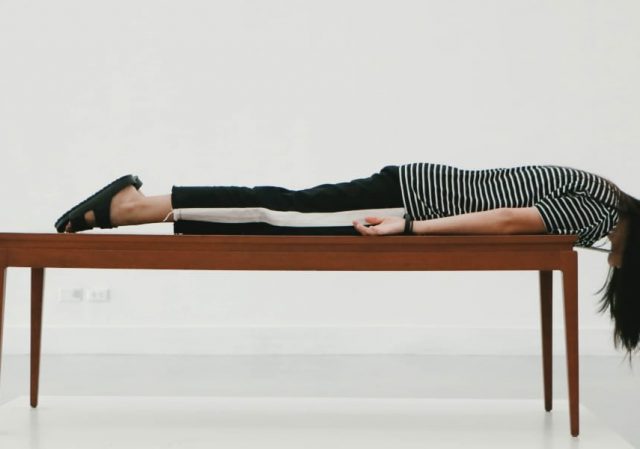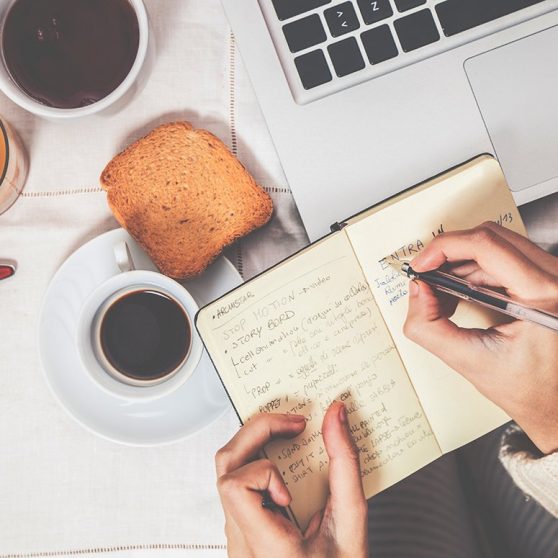How well are you sleeping right now? These days, it seems that there are a flood of articles and information acknowledging our collective exhaustion from living over a year with a global pandemic. But if you’re like me and find that exhaustion isn’t exactly translating into a good night’s sleep, it might be time for an intervention. Enter here the world of sleep support. And trust me, this is an entire genre of wellness that can easily distract you from your ultimate goal — so stay focused!
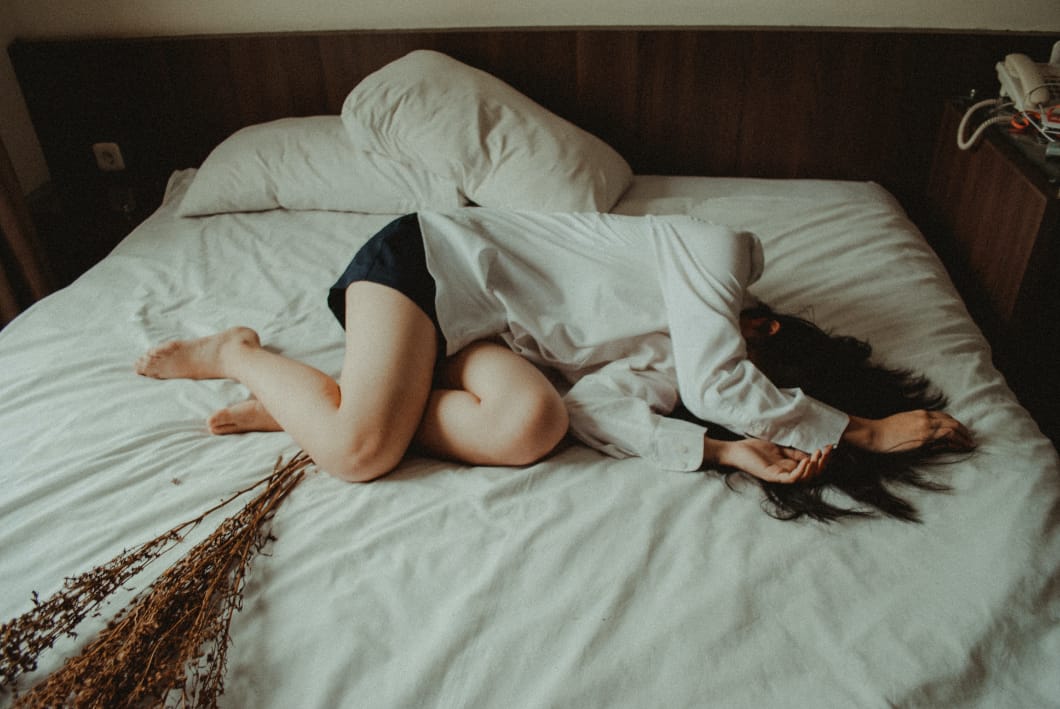
First, let’s talk about why sleep matters. Of course you already probably have a good idea why. Our bodies simply need rest in order to function properly. But what exactly are we talking about? And what happens when you slide into a regular state of exhaustion?
Sleep accounts for one-quarter to one-third of the human lifespan. From a numbers perspective that looks like about 26 years of sleeping during an average lifetime which equates to about 9,490 days or 227,760 hours. Now before you drift into an existential crisis about how much of your life is spent being unconscious, science shows us that this is not wasted time. Our brains are actually doing quite a bit of work while we slumber away, which is essential to our physical and mental health.
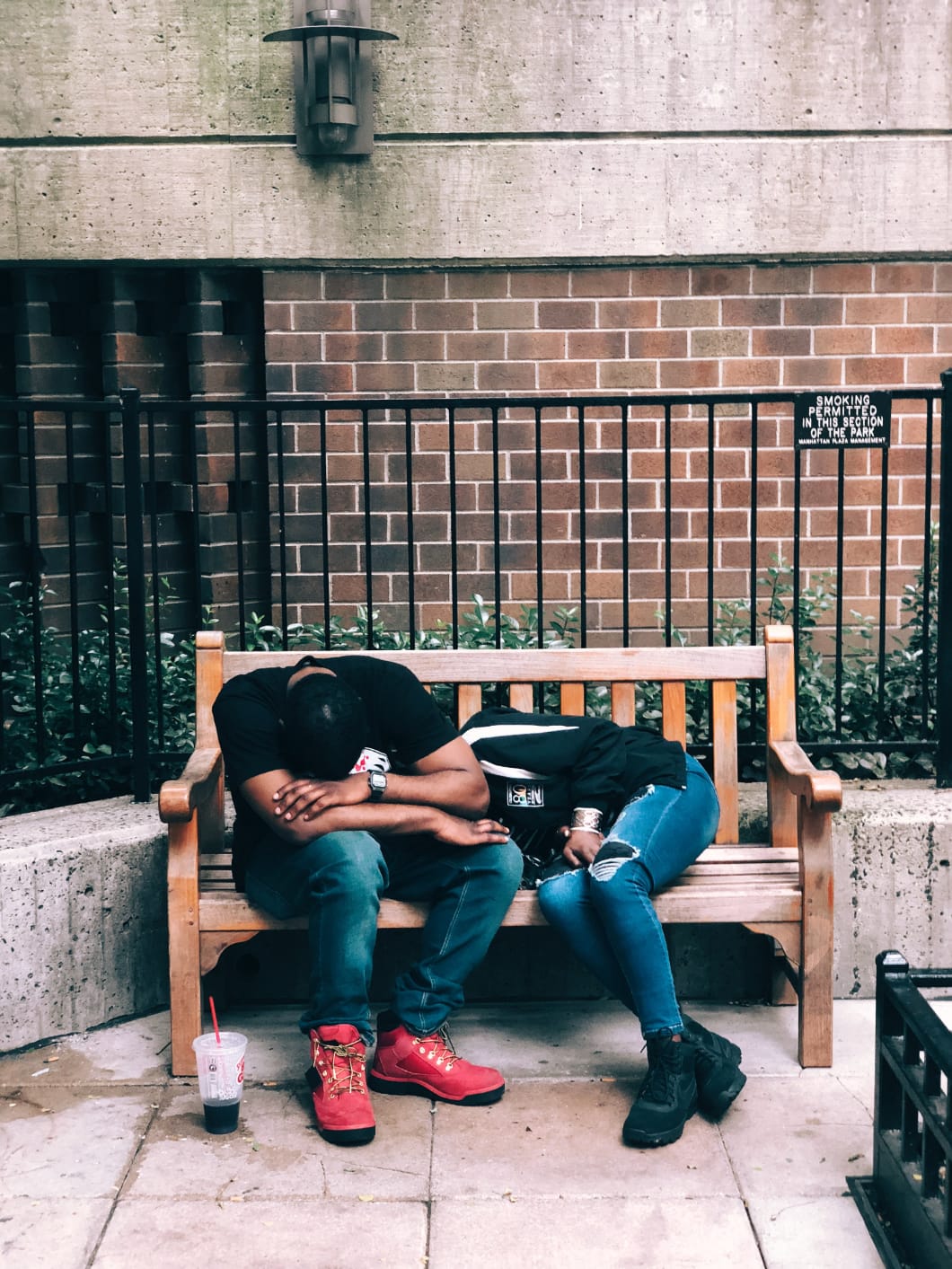
Sleep accounts for one-quarter to one-third of the human lifespan. From a numbers perspective that looks like about 26 years of sleeping during an average lifetime which equates to about 9,490 days or 227,760 hours.
You might be familiar with the term REM sleep, or rapid eye movement. When we first hit the sac our sleep begins a cycle that goes through four stages. The first stage comes between being awake and falling asleep. The second is light sleep when heart rate and breathing regulate and body temperature drops. The third and fourth stages are deep sleep. Though REM sleep was previously believed to be the most important sleep phase for learning and memory, newer data suggests that non-REM sleep is more important for these tasks, as well as being the more restful and restorative phase of sleep.

If you don’t get enough rest you might struggle the next day with memory and accessing information you learned from the previous day.
This four-stage cycle then repeats itself, but with each cycle, you spend less time in the deeper stages three and four of sleep and more time in REM sleep. On a typical night, you’ll cycle through four or five times! No wonder when we wake up from a dream or are abruptly woken up, we can feel so weird! This whole time our bodies and our brains were in the middle of doing their important jobs!
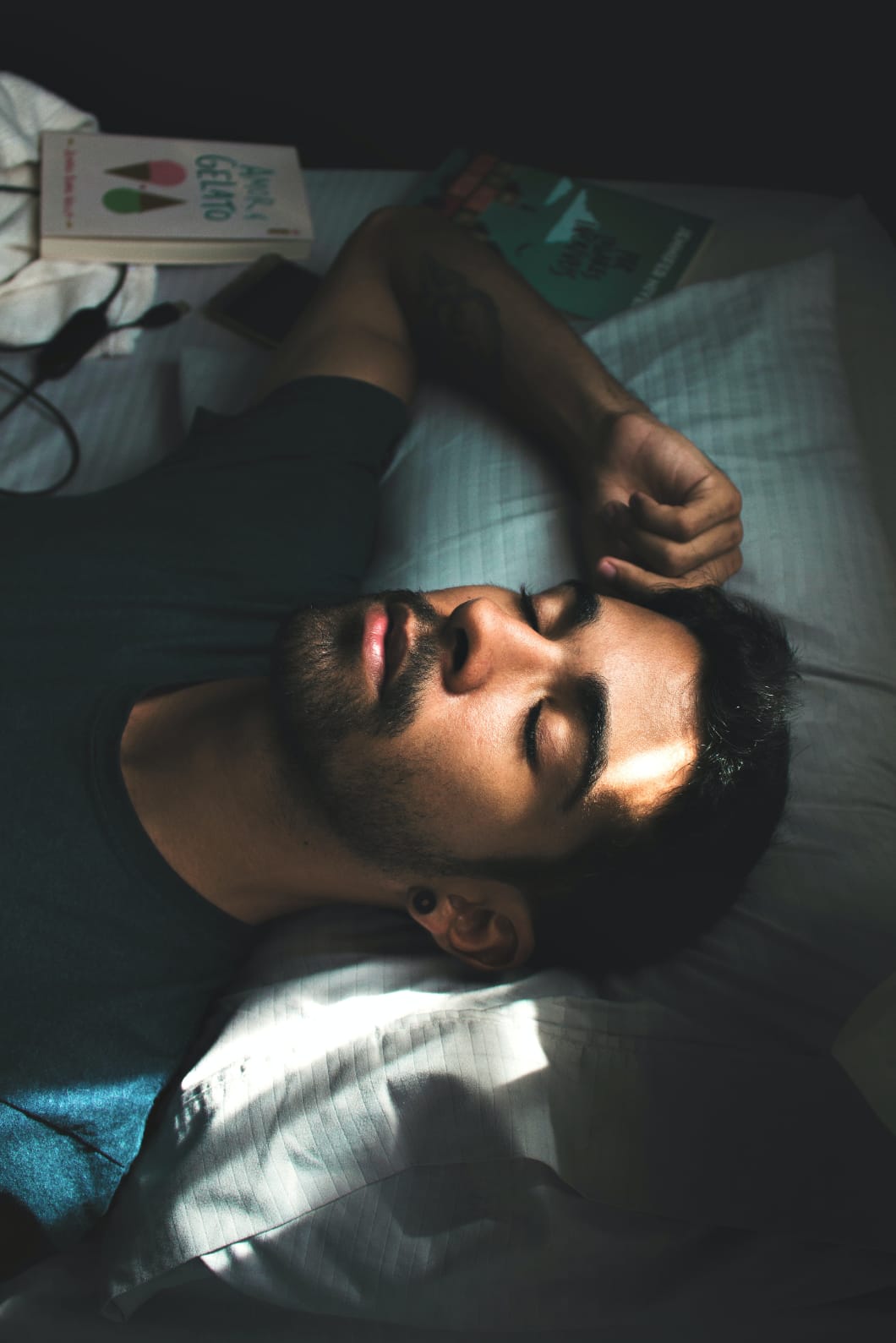
So what happens when we don’t get enough sleep — or more specifically, don’t give our bodies and brains the time they need to do their nighttime work? Well, brace yourself, the list of issues is rather lengthy.
That foggy feeling you get when you haven’t rested is the first sign that sleep significantly impacts brain function. If you don’t get enough rest you might struggle the next day with memory and accessing information you learned from the previous day. Sleep also does some much-needed housekeeping, which really means that good sleep promotes the removal of waste products from brain cells. Those proverbial cobwebs.
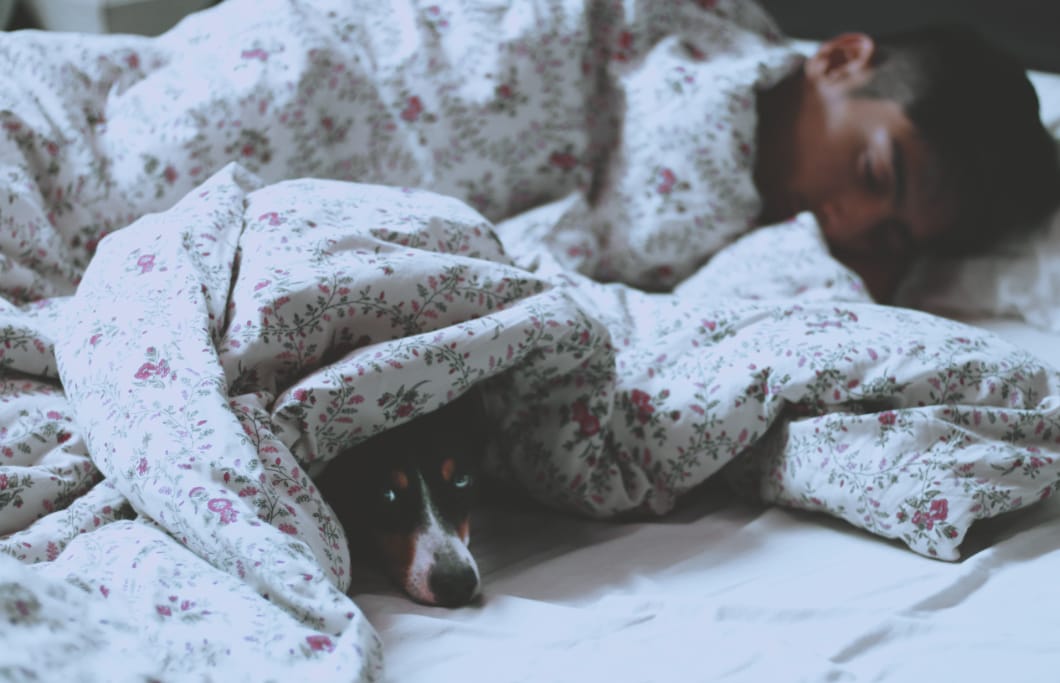
Health risks also arise when living on limited sleep. Symptoms of depression, seizures, high blood pressure and migraines rear their ugly heads. Your body’s immunity is compromised, increasing the likelihood of illness and infection — not helpful during a pandemic year. Sleep is also essential to your metabolism. Missing one night of sleep can create a prediabetic state in an otherwise healthy person.
So now that you’ve got some of the basics around wellness and sleep, what on earth can you do if you’re just not getting enough! Well, there is no shortage of options. So instead of bombarding you with a huge list, this author is going to share a respectable, tried and true list that I hope brings you close to your ideal night of zzzzz’s.
Get to Bed!
Calm: So it might seem counterintuitive to recommend an app to help with sleep since science recommends that we don’t look at our screens before bed — but I’m a huge fan of Calm and their incredible library of bedtime stories. Read by famous actors with soothing voices, like Cillian Murphy or Levar Burton, training your brain to wind down to a story is very helpful neurofeedback that signals to your brain that it’s sleep time. If listening to a story isn’t your jam, then there is an abundance of music and atmospheric options that you can drift away to.
Get Sleepy: Another favourite for storytelling is Get Sleepy, a podcast available on most major platforms. I highly recommend Monets Garden! Gentle, soothing, meandering and just plain delightful their trove of stories covers a huge range of themes and many different and diverse voices. This has been a go-to for me.
Weighted Blankets: At first I was skeptical about the phenom of weighted blankets, but let me tell you this is a game-changer. It brings a sense of comfort, but also security when you feel a bit of extra weight engulf your body. The best part is that you don’t get too hot either! There are a wide variety of options available online, so feel free to choose whatever suits your aesthetic. But for anyone who is experiencing stress, the weighted blanket offers some much-needed comfort.
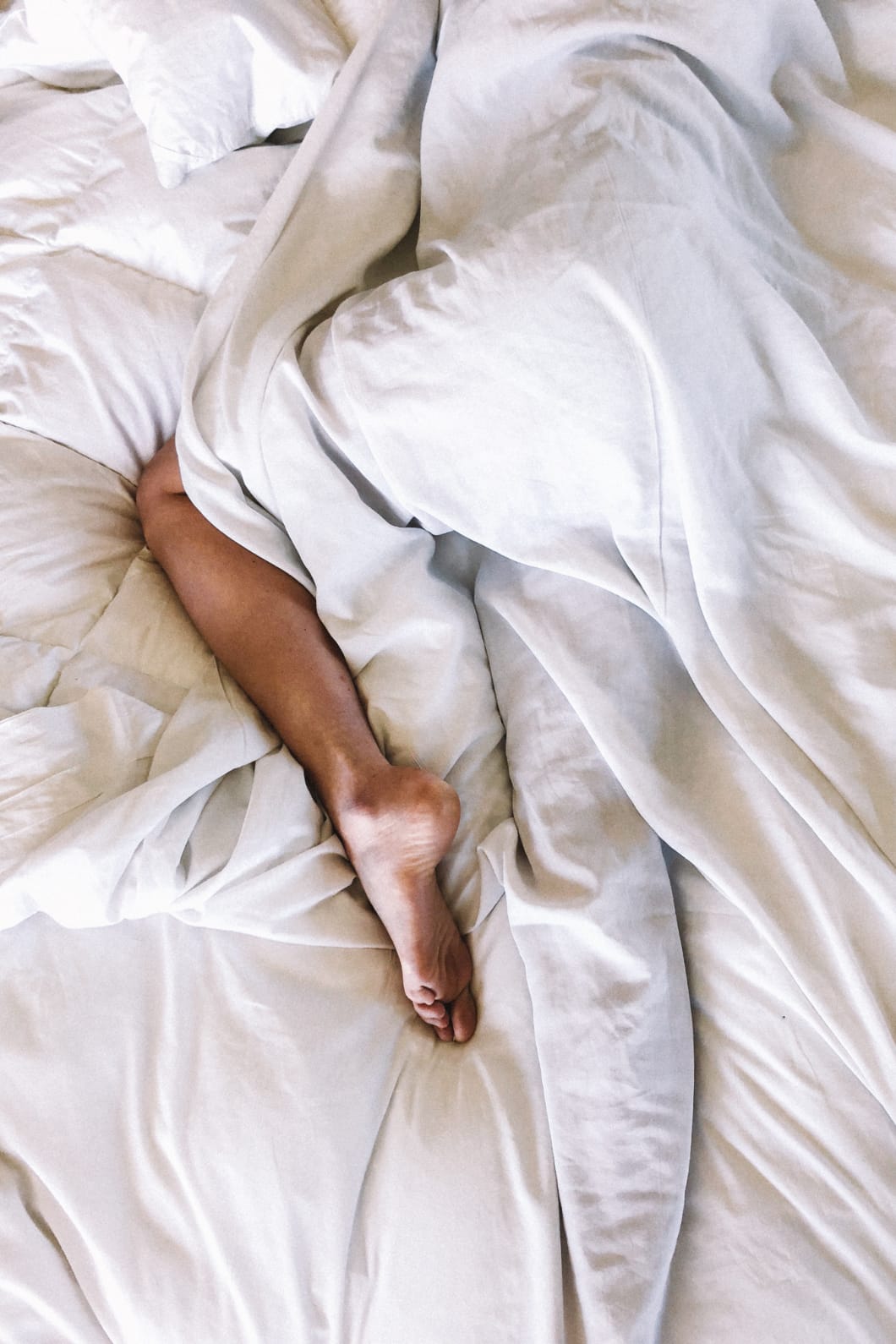
Light or Dark?: I’m someone who prefers my bedroom to be pitch black. A street light peeking through my window, or creeping underneath my door is a major distraction for me. My eyes just sense it! So the darker my space the better. For others, having a soft glow offers a sense of comfort. And if you’re one of those people I’m going to suggest a moon lamp. Yup, a moon lamp. Bring a little wonder and delight from the universe into your bedroom.
Ritualize: This is a little hard to pin down with a product. Instead, it’s more a lifestyle-meets-science suggestion that you can curate. The Sleep Foundation suggests creating a routine or ritual around sleep can also supply your brain with the necessary neurofeedback to trigger a gradual transition into sleep. Simple things like a hot cup of herbal tea, a hot bath or shower, burning incense or essential oils, taking time to read a book, 10 minutes for breathwork or meditation, stretching… The list is endless. The key here is about taking the time to set yourself up for success. Don’t worry about doing anything elaborate. You can really just pick one thing! But give yourself the gift of that time and hopefully, that’ll pay off with a night of restful sleep.

